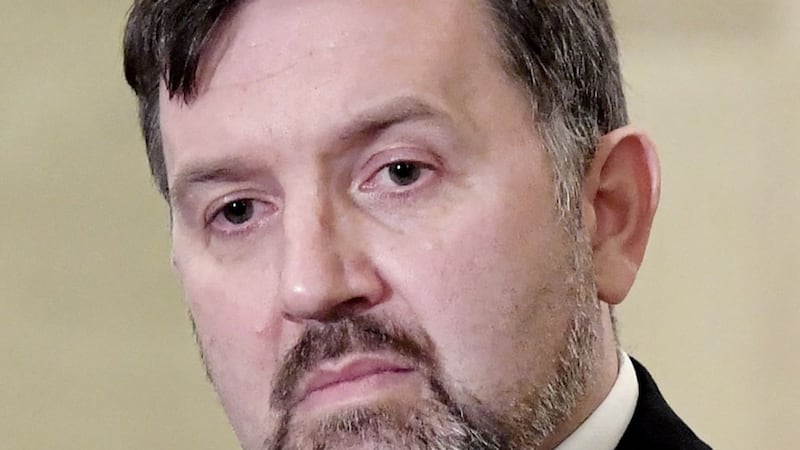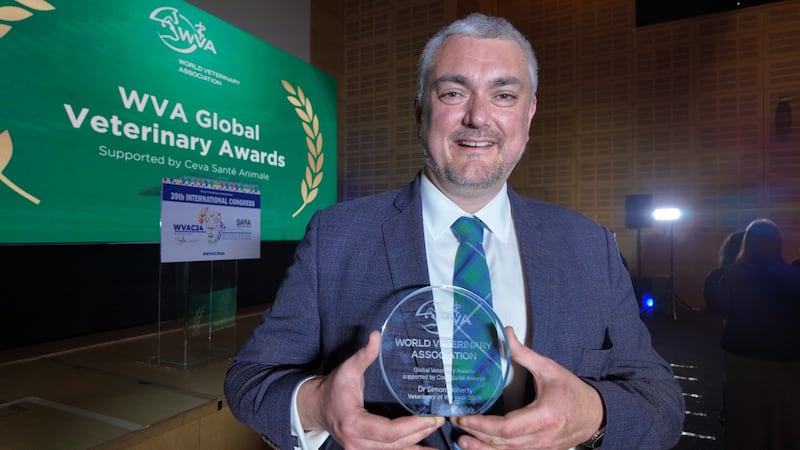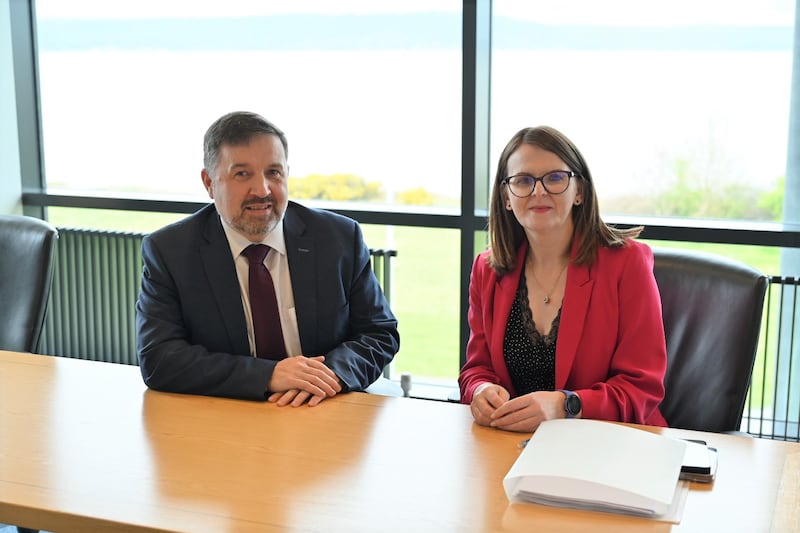SUICIDE is a preventable tragedy.
I want that short sentence to stay with me every day I serve as health minister.
It should constantly be in the minds of everyone in positions of leadership and influence in our community.
Suicide is preventable.
The feelings that drive people towards taking their lives are often temporary.
With the right support, people can get through a suicidal crisis - and recover and live well afterwards.
It's long been known that we have particular challenges in Northern Ireland when it comes to suicide prevention.
It is a major problem in our society. All parties and MLAs across the Assembly are agreed on that. This has been reflected with the announcement of a new NI Executive working group on mental wellbeing, resilience and suicide prevention.
There’s a widespread acceptance that it is a key issue right across government and society.
It will require collective commitment and action to make a difference.
Of course, the health and social care system has a central role to play.
But the problem goes much wider than that.
Suicide rates in our most deprived areas are three times higher than in the least deprived areas. For self-harm the differential is four times higher.
Those are truly shocking figures.
They underline that we need to go further than improving services and updating initiatives and strategies – important as these undoubtedly are.
We need to build up our economy, provide better opportunities for all our citizens, reduce poverty and unemployment.
That's why, as Health Minister, I very much support the NI Executive’s commitment to extending welfare reform mitigations.
Yes, that will cost money that I for one could use on frontline services. But public health doesn’t operate in a vacuum. Policies in other spheres have a direct bearing on our health – education, the economy and criminal justice to name three examples.
There are so many factors linked to suicide, self-harm and general mental ill health issues.
As well as deprivation, they include the legacy of the Troubles, family problems, social isolation, drug and alcohol misuse, and issues connected to gender and sexual orientation.
While suicide is more prevalent in urban areas, rural dwellers have also experienced particular challenges in recent years including an ageing population and a decline in farm incomes.
All of these factors highlight the need for joined up thinking and joined up policies.
I also want to highlight another important statistic: 72 per cent of people who die by suicide in Northern Ireland had not been under the care of statutory mental health services in the 12 months prior to death.
We need to ensure everyone knows help is available – and back that message up with enhanced services on the ground.
We also need to keep encouraging people to seek help, to talk to someone when they feel overwhelmed. Alongside that, it is vital that more and more of us are trained to spot the signs and to know how to respond when we do.
I'm almost reluctant to make my final point, as it seems so obvious and yet highly challenging at the same time.
We have to give our people hope.
Those of us in politics, and in the Executive especially, clearly have a heavy responsibility.
HELPLINE NUMBERS
-The Suicide Down to Zero group can be contacted on 07809441950 or 07852931845 or email suicidedowntozero0000@gmail.com
- The confidential service Lifeline on 0808 808 8000. The helpline is available 24 hours a day, seven days a week. You can also access the Lifeline website at www.lifelinehelpline.info
- The Samaritans can be contacted on 084 5790 9090
But we can’t start winning this battle by ourselves. Everyone has a role to play.
Read more:
- Charity that aims to reduce suicide levels to nil wins council support for first time
- 'Suicide is not someone with a mental illness, it's me, it's you'








